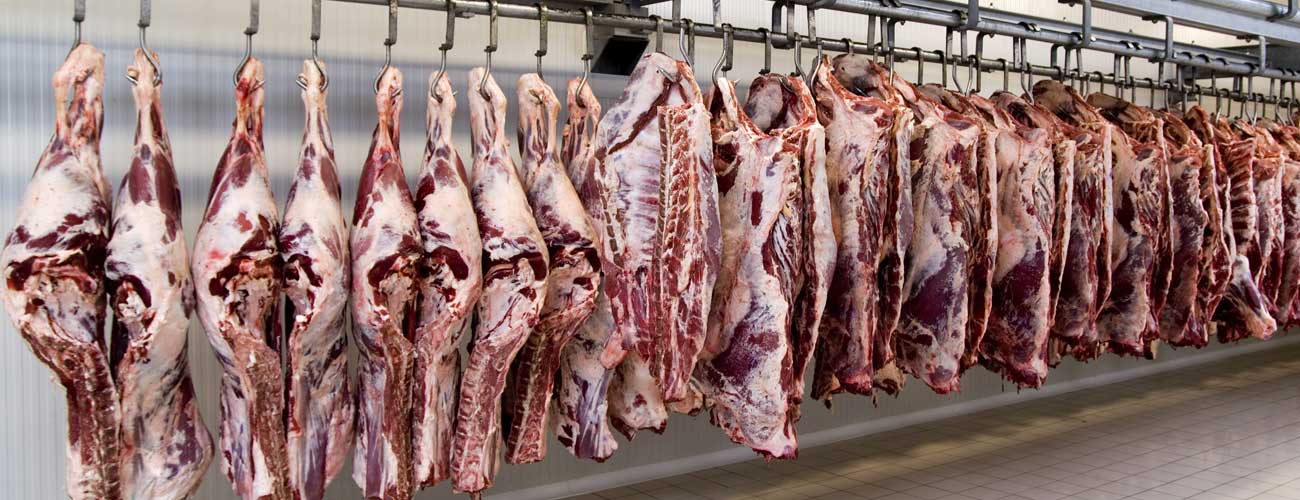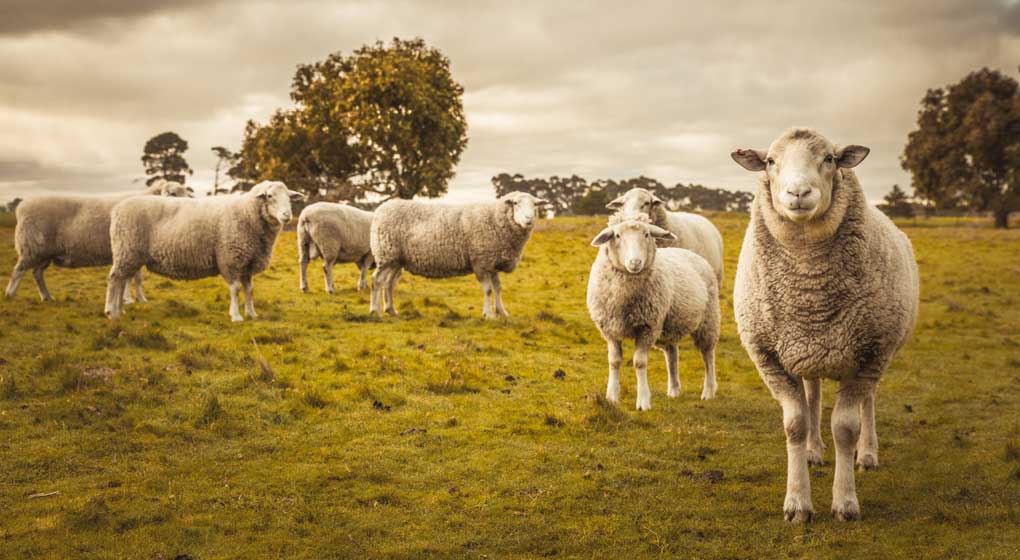Research

BMPA has recently begun to invest in research and development projects with a wide range of UK and international partners including manufacturers, industry bodies, leading universities and industry experts.
The aim is to further our industry’s knowledge and understanding of the science behind aspects of the red meat supply chain and food safety.
The first such project, jointly run with Meat and Livestock Australia, is now at a stage where initial findings can be published.
Risk Assessment of Botulism from Chilled, VP/MAP (Vacuum Packed/Modified Atmosphere Packed) Fresh Meat held at 3°C to 8°C
The UK Food Standards Agency VP/MAP (Vacuum Packed/Modified Atmosphere Packed) Guidance (FSA, 2017) restricts the shelf-life of VP/MAP foods (including fresh meat) held at 3°C to 8°C to 10 days, unless suitable grounds for a longer shelf-life can be identified.
This project has used a risk assessment approach and carried out a challenge test experiment, to establish whether a shelf-life of greater than 10 days can be applied to fresh chilled meat (as it lacks a single known controlling factor). Fresh meat is taken to mean “meat that has not undergone any preserving process other than chilling, freezing or quick-freezing, including meat that is VP or MAP wrapped”.
A search of the literature failed to uncover any cases of botulism associated with fresh chilled VP or MAP meat.
Data provided by industry members of the project consortium indicates that UK industry applies a maximum chilled retail pack shelf life at 3°C to 8°C of up to 23 days for beef, 27 days for lamb, and 18 days for pork. Using a risk assessment approach, it was established that the current industry practice provides a high level of protection with respect to non-proteolytic Clostridium botulinum, estimated as >10.8 safety units (decimal number of products (i.e. >10 10.8) marketed per number causing botulism).
There is no evidence that currently-applied UK shelf lives combined with current production standards are unsafe. If changes are made to industry practice, then these may affect the level of protection.
A new challenge test study demonstrated that samples of beef and lamb inoculated with spores of non-proteolytic C. botulinum and incubated at 8°C, did not become toxic to day 50 for beef, day 35 for lamb, or day 25 for pork (i.e. <40 pg type B toxin g-1 of meat and <40 pg type E toxin g-1 of meat).
The estimation of the level of protection and the results from the new challenge test experiment both support a shelf-life of greater than 10 days for fresh chilled beef, lamb and pork held at 3°C to 8°C, and also support currently-applied UK shelf lives combined with current production standards.
The ability not to be constrained by a 10-day shelf-life, as indicated in present FSA (2017) guidelines, and the freedom to adopt a shelf-life greater than 10 days at 3°C to 8°C for fresh chilled beef, lamb and pork is of significant economic/social/sustainability benefits to producers/processors/retailers. Such freedom removes a technical barrier to trade. There may also be environmental/consumer benefits through lower food wastage.





